Publications
While our publications are all listed here, they are easier to browse on our research page.
If Adult Insects Matter, How Much Do Juveniles Matter?
This is the ninth post in the Moral Weight Project Sequence, which provides an overview of the research Rethink Priorities conducted between May 2021 and October 2022 on making resource allocation decisions across species. The goal of this post is to help animal welfare grantmakers assess the relative value of improvements to the lives of some commercially-important insects.
Forecasts estimate limited cultured meat production through 2050
Is it worth the effective altruism (EA) community trying to accelerate the growth of cultured meat production? Should EA just let market forces move it forward? Should EA invest directly in cultured meat R&D or identify high-leverage ways to increase funding? Or should EA just not invest in it because it is insufficiently promising?
Why short-range forecasting can be useful for longtermism
Most work on forecasting, including most EA work on forecasting, is on short-range forecasting (defined loosely here as timescales of ~1 week - ~3 years). Yet most of the motivation for why forecasting is valuable appeals to long-range forecasting, defined loosely as forecasting on the timescale of greater than 10 years, or much longer. Here, I argue that advances in short-range forecasting (particularly in quality of predictions, number of hours invested, and the quality and decision-relevance of questions) can be robustly and significantly useful for existential risk reduction, even without directly improving our ability to forecast long-range outcomes, and without large step-change improvements to our current approaches to forecasting itself (as opposed to our pipelines for and ways of organizing forecasting efforts).
Potentially great ways forecasting can improve the longterm future
In addition to the EA Early Warning Forecasting Center I outlined in my other post, I think there are several ways forecasting may be very useful for longtermism, including: (1) Forecasting as a way to amplify EA research (2) Prediction-evaluation setups as a way to improve EA grantmaking (3) Large-scale broad forecasting as an EA outreach intervention (4) Large-scale forecasting tournaments as a talent training and vetting pipeline (5) The dream: high-quality, calibrated, long-range forecasting (ideally also at scale and on-demand).
Issues with futarchy
This post collects possible issues with futarchy, a proposed form of governance based on prediction markets. (Possible benefits of futarchy are listed in the paper that introduces the idea and in my summary of it, among other places). The post also lays out my main takeaways and a rough explanation for why I think futarchy should not be a focus for the EA community.
How does forecast quantity impact forecast quality on Metaculus?
Many people worry about how much we can trust aggregate forecasts (e.g., the Metaculus community median) that are based on the predictions of only a small number of individuals. This consideration also came up in my recent post analysing predictions of future grants by Open Philanthropy, where having few predictors left me unsure of how much we could really trust the aggregate predictions. How justified is this worry? In other words, to what extent is the number of individual predictors on a question correlated with the accuracy of the aggregate forecast on that question? And to what extent does increasing the number of predictors on a question itself cause the aggregate forecast on that question to be more accurate?
An analysis of Metaculus predictions of future EA resources, 2025 and 2030
6 weeks ago I shared a Metaculus question series I had authored, focused mainly on predicting grants by Open Philanthropy in 2025 and 2030, with some other questions on new large EA-aligned donors also included. This post contains a summary of the predictions on these questions so far.
Disentangling "improving institutional decision-making"
This post discusses what the cause area of “Improving institutional decision-making” (IIDM) currently encompasses, and presents some frameworks for thinking about IIDM’s pathways to impact and what (I think) IIDM should entail.
An examination of Metaculus' resolved AI predictions and their implications for AI timelines
Metaculus is a forecasting website which aggregates quantitative predictions of future events. One topic of interest on Metaculus is artificial intelligence. Here I look at what we might be able to learn from how the questions on this subject have gone so far, in particular, how the predictions of the Metaculus community have performed. If they have done poorly, it would be of value to making future predictions and interpreting existing ones to know if there are any patterns to this which might reveal common mistakes in making AI related predictions.
Types of specification problems in forecasting
In the context of forecasting, how you ask a question can be a large factor in how much information you get from the forecasts on that question. We will thus explore the problems associated with the way you operationalize a question on a forecasting platform, which we will call the question specification. (Terms also used include resolution criteria or operationalization.) Specifically: what are types of specification problems that reduce or misalign optimization power going towards prediction (in different forecasting settings)? What are some ways to resolve these different problems?
Data on forecasting accuracy across different time horizons and levels of forecaster experience
Forecasting well is a valuable skill for many purposes and people, including for EA organisations aiming to identify which areas they should focus on and what the outcomes of various initiatives would be. There is a limited public record of people making scored forecasts over time horizons greater than ~1 year. Here I use data from PredictionBook and Metaculus to study performance of predictions over different time horizons. I also looked at performance between users with different levels of forecasting practice.
